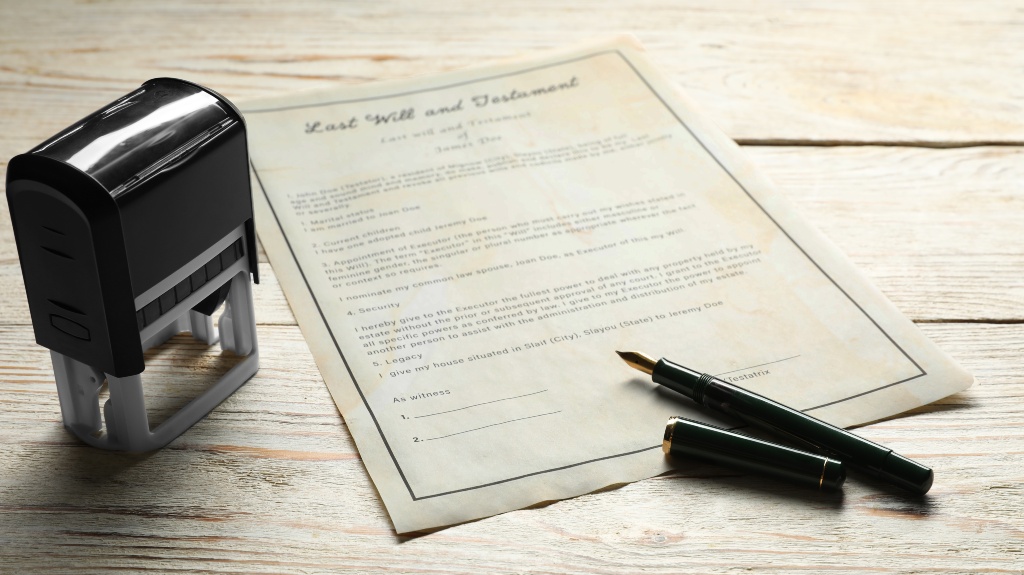
If you already have a Last Will and Testament, you may wonder whether creating a trust is necessary, especially in Louisiana, where estate laws are unique due to the state’s civil law system. While a will is an essential part of any estate plan, it doesn’t always address every need or concern. Depending on your goals, a trust may offer benefits that a will alone cannot provide.
Understanding the Role of a Will in Louisiana
A will is a legal document that outlines how your property should be distributed after your death. In Louisiana, a valid will allows you to name beneficiaries, appoint an executor to manage your estate, and designate guardians for minor children.
However, having a will does not avoid probate. In fact, a will must go through the probate process, known in Louisiana as “succession.” During succession, a court oversees the validation of your will, the payment of debts, and the distribution of your assets. This process can be time-consuming, public, and costly.
What Is a Trust?
A trust is a legal setup enabling you to transfer property to a trustee, who manages the assets for the benefit of your selected beneficiaries. Trusts come in many forms, but one of the most common types is a revocable living trust, which you can modify or revoke during your lifetime.
Unlike a will, assets held in a trust typically bypass probate and are distributed directly to your beneficiaries upon your death. This can provide a faster, more private, and more efficient transfer of your estate.
Why Might You Need a Trust if You Already Have a Will?
While a will covers the basics, a trust can offer significant advantages in the following situations:
Avoiding Succession (Probate)
In Louisiana, succession can be a lengthy and public process. A trust allows you to avoid this by transferring your assets directly to your beneficiaries. This can be particularly valuable if you own property in multiple states or want to minimize legal costs and delays for your family.
Privacy Concerns
Wills become a public record once they are filed with the court. Trusts, on the other hand, are private documents. If you prefer to keep your financial affairs confidential, a trust is a better option.
Incapacity Planning
A will only takes effect upon your death. If you become incapacitated, a trust can empower your trustee to manage your assets without the need for court intervention. This can prevent the need for a court-appointed conservator or guardian.
Protecting Minor or Special Needs Beneficiaries

If you want to leave assets to children or beneficiaries with special needs, a trust allows you to set terms for how and when they receive the inheritance. This can protect them from mismanaging funds or losing eligibility for government benefits.
Do You Need Both?
In many cases, the best estate plan includes both a will and a trust. The will can serve as a backup for any assets not transferred into the trust (known as a “pour-over will”), while the trust handles the bulk of your estate. Together, they provide a comprehensive plan that minimizes complications and honors your wishes.
Talk To a Louisiana Estate Planning Attorney
Louisiana’s estate laws are different from those in other states, and creating an effective plan requires guidance from an attorney familiar with the state’s civil law traditions. At Losavio & DeJean, LLC, our estate planning attorneys can help you determine whether a trust is the right choice for your situation.
Whether you need to update an existing will or explore the benefits of a trust, we’re here to help. Contact us today to schedule a consultation and take the next step in protecting your legacy.

